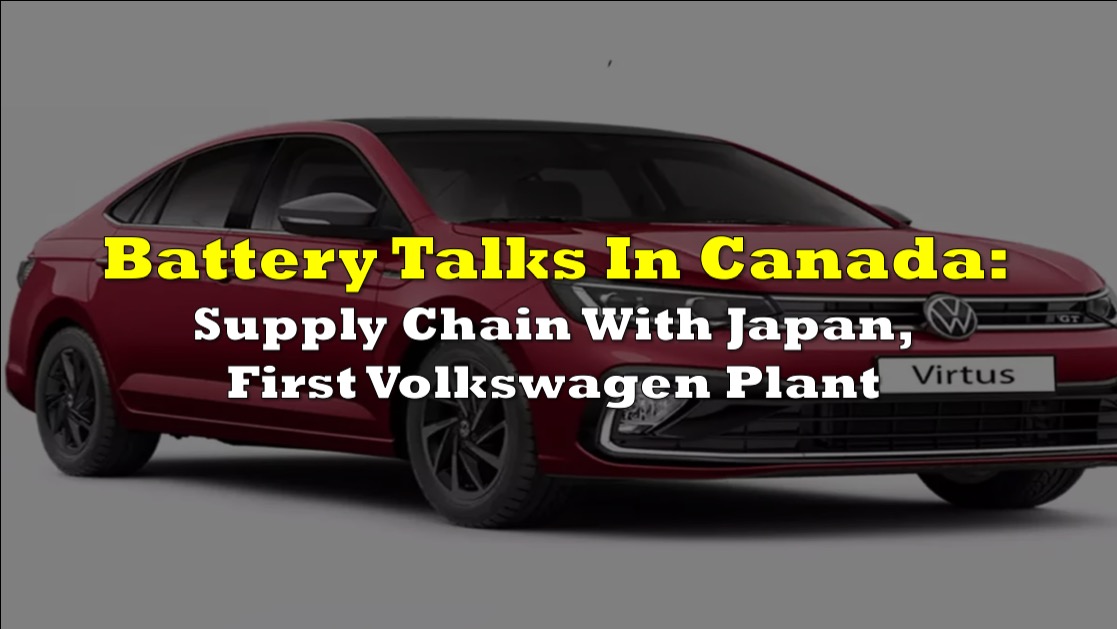Japan and Canada are discussing collaborating to develop solid supply chains for battery metals, according to Japan’s industry minister, Yasutoshi Nishimura, on Tuesday.
According to Nishimura, a public-private mission coordinated by Japan’s Ministry of Economy, Trade, and Industry (METI) and comprised of representatives from 16 battery businesses visited Canada last week for discussions on developing sustainable and resilient supply chains.
“Canada has an abundance of battery metals and good market access to the United States,” Nishimura told a news conference. “Canada is one of the most important countries for Japan when it comes to strengthening our supply chains of storage battery metals.”
He declined to discuss the meetings in detail, but said he will take advantage of numerous possibilities, including the upcoming G7 ministerial meeting, to strengthen collaboration with Canada.
Volkswagen plant
Scarce is also the details in relation to the Ontario government’s announcement that Volkswagen will build its first electric vehicle (EV) battery production factory in St. Thomas, near the city’s airport, along Talbot Line and Yarmouth Centre Drive.
This would be Volkswagen’s first North American battery plant, coming in as US President Joe Biden’s multibillion-dollar green incentive package accelerates the company’s plans for the continent’s electric vehicle deployment.
The German automaker announced on Monday that its battery business PowerCo would develop its first plant outside of Europe as part of the group’s “growth strategy” in the region.
VW informed EU officials that it was putting a planned battery facility in eastern Europe on hold as it waited for the EU to respond to Washington’s $369 billion subsidy package in the Inflation Reduction Act.
According to conference attendees, the corporation projected it could get up to €10 billion in US incentives, but would not explain how its decision to establish a Canadian headquarters would affect the total.
A Canadian plant, on the other hand, is expected to benefit from preferential treatment under US standards because “made in North America” credits include the country and Mexico for electric vehicles.
The company will not divulge the cost of constructing the plant, but said it was only one of 200 factors considered when determining where to locate the production, such as access to labor and raw supplies.
Batteries manufactured in Canada will supply Volkswagen’s $2-billion electric vehicle plant in South Carolina, which was unveiled two weeks ago.
The company is committed to having 240 gigawatt hours of battery production capacity in Europe by 2030, but may build fewer factories than the six stated two years ago.
Information for this briefing was found via Financial Times, Bloomberg, and the sources mentioned. The author has no securities or affiliations related to this organization. Not a recommendation to buy or sell. Always do additional research and consult a professional before purchasing a security. The author holds no licenses.









